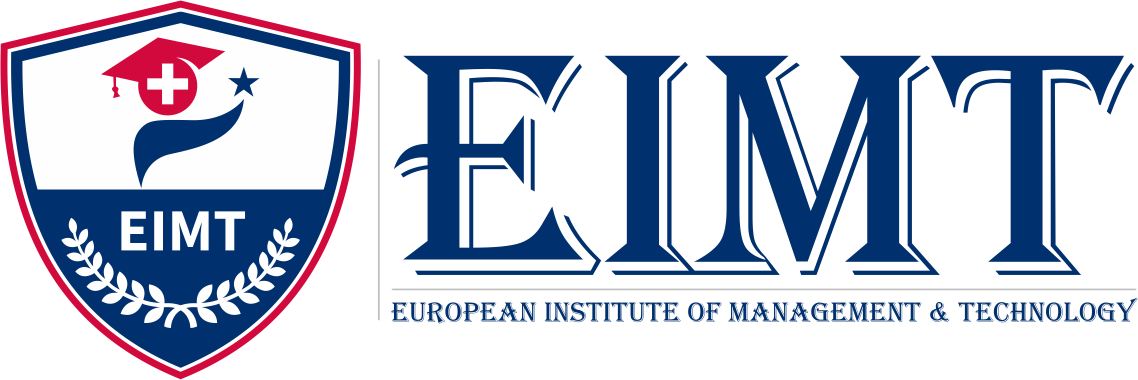B
usinesses in today’s digital world depend more and more on technology to run and retain sensitive data. Because of this dependence, businesses must adhere to a set of guidelines and standards known as IT compliance in order to protect the confidentiality and security of their data.
But what exactly is IT compliance, and why is it important? In this comprehensive guide, we’ll explore the basics of IT compliance, including the standards and regulations that businesses must adhere to, and the benefits of implementing a strong IT compliance program.
What is IT Compliance?
In order to guarantee the security, privacy, and integrity of an organization’s data and technological systems, IT compliance refers to the practice of abiding by laws, rules, and standards established by regulatory organizations. The purpose of these legislation is to safeguard confidential data from online dangers and guarantee that companies are conducting their operations in a morally and responsibly manner.
Why is IT Compliance Important?
For companies of all sizes, IT compliance is essential because it reduces risks and safeguards critical data. Neglecting to adhere to regulations may lead to substantial penalties, legal ramifications, and harm to an organization’s standing.
Furthermore, since IT compliance shows a dedication to safeguarding client data and upholding moral business standards, it fosters trust with partners and consumers.
Common IT Compliance Standards and Regulations
There are numerous IT compliance standards and regulations that businesses may need to adhere to, depending on their industry and the type of data they handle. Here are some of the most common ones:
General Data Protection Regulation (GDPR)
The European Union (EU) established the General Data Protection Regulation (GDPR) with the goal of safeguarding the personal information of its members. It is applicable to all companies, no matter where they are based, that handle the personal data of EU people.
organizations who fail to comply with the GDPR may face fines of up to €20 million or 4% of their global annual turnover, whichever is larger. The GDPR establishes stringent criteria for how organizations must gather, keep, and utilize personal data.
Health Insurance Portability and Accountability Act (HIPAA)
Federal law in the US called HIPAA establishes guidelines for safeguarding private health information and other sensitive patient data. It covers clearinghouses for healthcare, health insurance, and providers.
HIPAA requirements, which include putting security measures in place to safeguard data and making sure that only people with permission may access it, must be followed by companies that handle sensitive patient information.
Payment Card Industry Data Security Standard (PCI DSS)
PCI DSS is a set of security standards established by major credit card companies to protect cardholder data. It applies to any business that accepts credit or debit card payments, and failure to comply can result in fines and the loss of the ability to process credit card payments.
The PCI DSS outlines requirements for secure payment processing, including the use of firewalls, encryption, and regular security testing.
Sarbanes-Oxley Act (SOX)
A federal statute in the US called SOX establishes guidelines for corporate governance and financial reporting. Its goal is to stop false financial reporting and it affects all US publicly traded corporations.
In order to guarantee the integrity and accuracy of financial reporting, SOX mandates that businesses establish internal controls and processes. There may be fines and even criminal prosecution for noncompliance.
Implementing an IT Compliance Program
To ensure compliance with regulations, businesses must implement an IT compliance program. This program should include the following components:
IT Governance
The procedures and frameworks that businesses set up to make sure their IT systems and procedures meet legal requirements and business objectives are referred to as IT governance. To manage IT resources and reduce risks, policies, processes, and controls must be established.
Regular audits and assessments are another aspect of IT governance that make sure compliance requirements are being fulfilled and pinpoint areas that could use improvement.
Risk Management
Risk management is a crucial aspect of IT compliance, as it involves identifying potential risks and implementing measures to mitigate them. This may include implementing security protocols, conducting regular vulnerability scans, and creating disaster recovery plans
Employee Training and Awareness
Employees are crucial to IT compliance because they are frequently the first to protect company data from online dangers. Regular training and awareness campaigns are crucial to ensuring that staff members are aware of their responsibilities for upholding compliance and are prepared to spot and handle any threats.
Regular Audits and Assessments
Regular audits and assessments are crucial for maintaining IT compliance. These processes help to identify any gaps or weaknesses in the compliance program and provide an opportunity to make necessary improvements.
The Benefits of IT Compliance
Implementing a strong IT compliance program offers numerous benefits for businesses, including:
Improved Security
IT compliance standards and regulations are designed to protect sensitive information and mitigate risks. By adhering to these standards, businesses can improve their overall security posture and reduce the likelihood of data breaches and cyber attacks.
Increased Trust and Credibility
Complying with regulations demonstrates a commitment to protecting sensitive information and maintaining ethical business practices. This can help to build trust with customers and partners and enhance a company’s reputation.
Cost Savings
While implementing an IT compliance program may require an initial investment, it can ultimately save businesses money in the long run. By mitigating risks and preventing data breaches, businesses can avoid costly fines and legal consequences.
Conclusion
IT compliance is a crucial aspect of modern business operations, as it helps to protect sensitive information and maintain ethical practices. By understanding the regulations and standards that apply to their industry and implementing a strong compliance program, businesses can mitigate risks, build trust with customers, and achieve long-term success.
